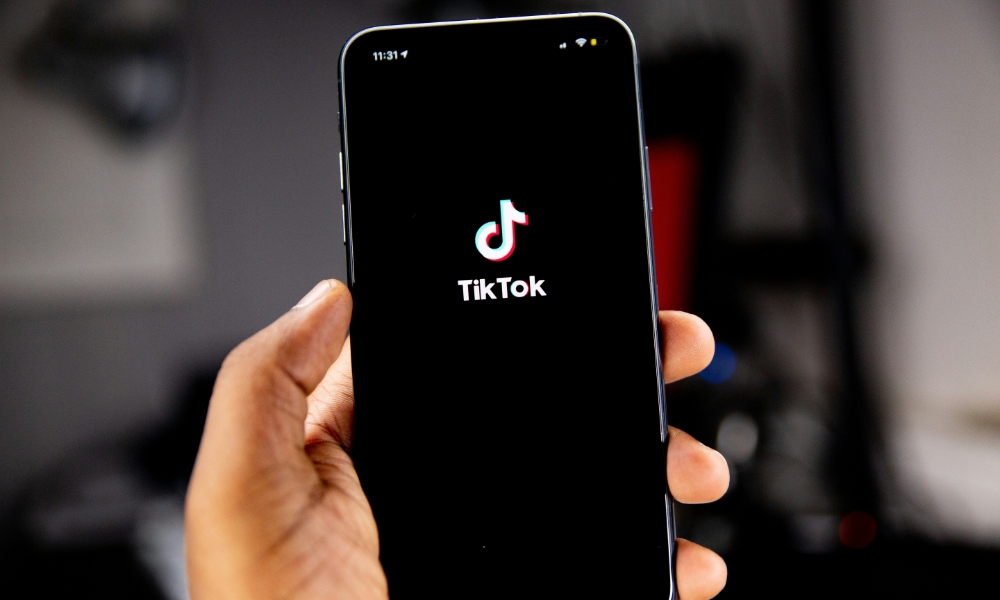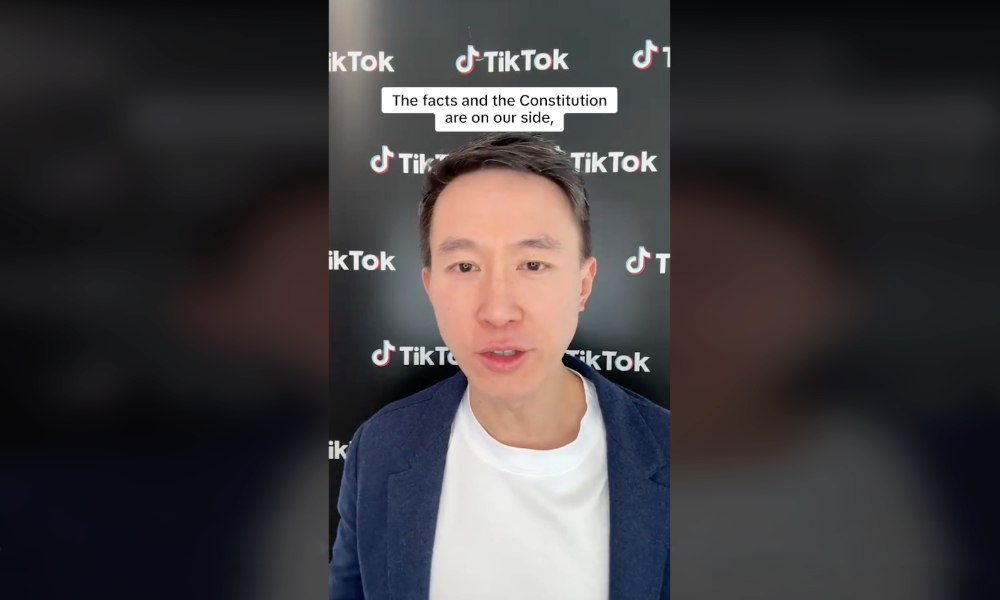ByteDance Will Shut Down TikTok in the US Rather than Sell
 Credit: Alexander Shato
Credit: Alexander Shato
Toggle Dark Mode
This week, the US government officially passed a bill that will ban TikTok in the US as long as it remains controlled by a Chinese company. While the ban won’t go into effect for at least nine months, parent company ByteDance has made it clear that it has no intention of surrendering to the government’s demands that it sell TikTok off to keep it operating.
Instead, it’s vowed to fight what it calls an “unconstitutional ban” to get the new law overturned. However, should that legal challenge fail, sources say it will simply shutter TikTok entirely in the US and call it a day.
While ByteDance hasn’t officially commented, four sources close to the company told Reuters that selling TikTok isn’t a viable option because of the social app’s proprietary algorithms, which ByteDance considers trade secrets that are core to its more significant businesses.
Yesterday, The Information reported that ByteDance was internally “exploring scenarios for selling a majority stake” in its US business but that it would do so “without the algorithm that recommends videos to TikTok users.” However, only a few hours after The Information published its report, ByteDance posted a statement on its Toutiao media platform that it had no plans to sell TikTok, although it hasn’t commented on the matter of the core algorithms.
Since TikTok accounts for only a small share of ByteDance’s overall revenue, it would be a relatively small loss to shut it down in the US, especially with its intellectual property at stake in a potential sale. Other sources told Reuters that most of ByteDance’s profits are made in China through apps like Douyin, the Chinese equivalent of TikTok. Further, while TikTok only makes up a small fraction of ByteDance’s total business, TikTok’s US presence accounts for even less, with one source revealing that its US business accounted for about a quarter of TikTok’s total revenues last year.
It’s also hard to say how ByteDance would go about divesting itself of TikTok even if it wanted to. Reuters spoke with several investment bankers who said it “was tough to value how much TikTok is worth” since, as a Chinese-owned company, it’s not required to reveal any of its financial details.
However, in the end, the losses from pulling TikTok out of the US would seemingly amount to little more than a rounding error on the company’s balance sheet.
Nevertheless, the Chinese company is optimistic that it will be able to get the new law struck down. The same day President Biden signed the bill into law, TikTok CEO Shou Zi Chew published a video criticizing the move and promising to continue the fight, adding that “the facts and the Constitution are on our side, and we expect to prevail again.”
It’s certainly shaping up to be an interesting legal battle. US lawmakers have positioned TikTok as an existential threat to national security, calling it a “sophisticated surveillance tool” for the Chinese government. The bill itself is dubbed the Protecting Americans From Foreign Adversary Controlled Applications Act and opens by saying that its goal is “to protect the national security of the United States from the threat posed by foreign adversary controlled applications, such as TikTok.”
However, on the other side of the fence is the argument for First Amendment free speech rights. That’s the basis on which TikTok plans to challenge the new bill, and it will have some prominent allies to help it make a strong case, as the American Civil Liberties Union (ACLU) has already publicly declared its opposition to the bill, calling it “overbroad” and saying it “will almost certainly be struck down in court.”
Last year, US District Judge Donald Molloy ruled that a state-wide ban on TikTok attempted in Montana “likely violates the First Amendment,” although his decision to issue a preliminary injunction blocking the law was as much about the state government overstepping its authority by meddling in matters of foreign affairs.









